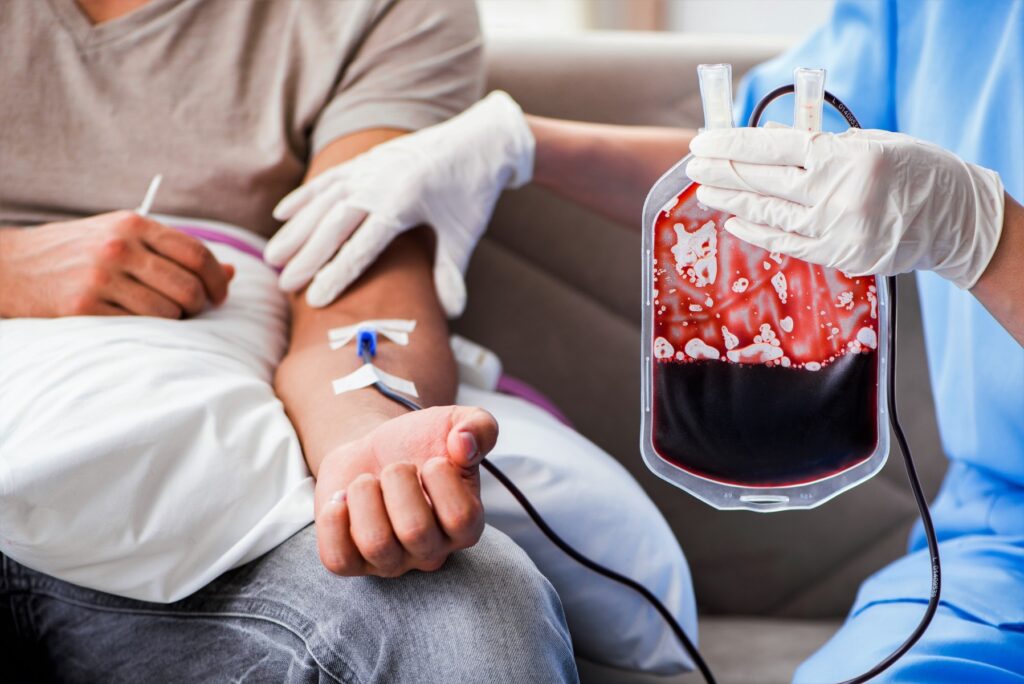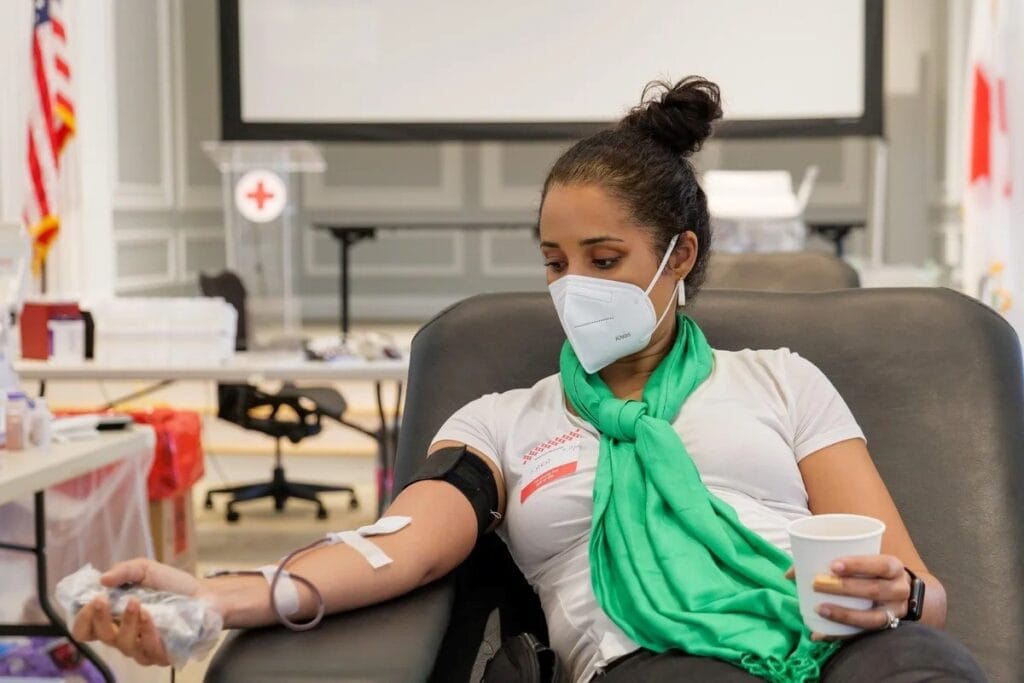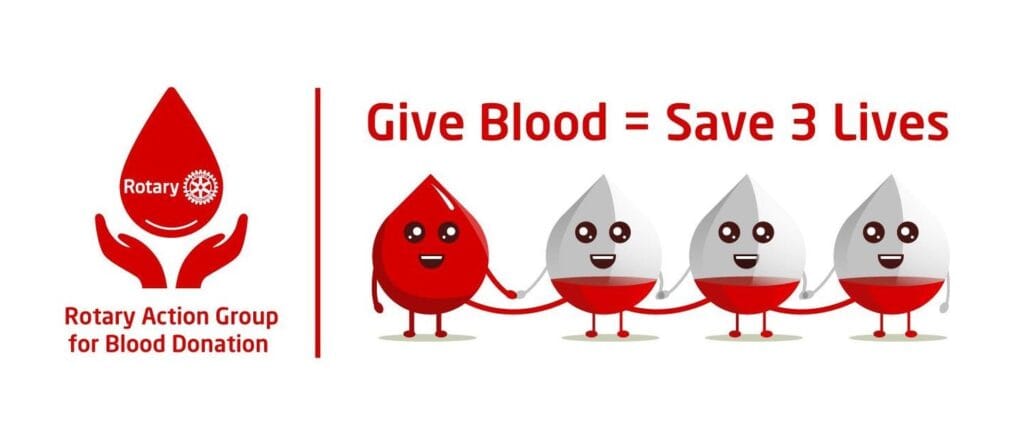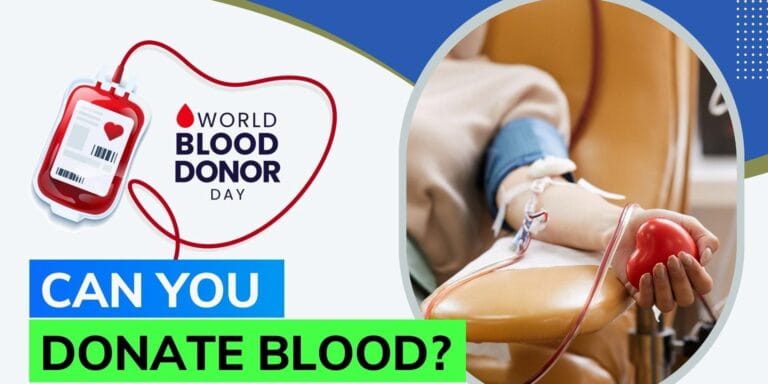🧩 Introduction
Donating blood is one of the simplest ways to save lives — and in 2025, the NHS needs more donors than ever. But if you’re wondering, “Can I donate blood in the UK?” you’re not alone. Many people are unsure if they’re eligible or what actually happens at a donation session.

In this article, you’ll find everything you need to know:
- ✅ UK rules on who can and can’t donate
- 🛋️ What to expect before, during, and after your appointment
- ❓ A full FAQ section answering the most common questions
Whether you’re a first-time donor or returning after a break, this guide is for you.
✅ Who Can Donate Blood in the UK?

To donate blood through NHS Blood and Transplant (NHSBT), you must meet basic health and age requirements:
- Be aged 17–65 (first-time donors)
- Weigh at least 50kg (7st 12lb)
- Be in generally good health
- Wait at least 12–16 weeks since your last donation
💡 You can also use the NHSBT Eligibility Checker for a quick answer.
❌ Reasons You Might Not Be Eligible
You may be temporarily or permanently unable to donate if:
- You have low iron (anemia)
- You’re pregnant, recently gave birth, or breastfeeding
- You had a tattoo, piercing, or acupuncture in the last 4 months
- You’ve traveled to malaria-risk regions
- You’re taking certain medications or have chronic illnesses
- You’ve recently had surgery, COVID-19, or infections
NHS staff will assess you thoroughly before any donation.
🩸 What Happens When You Donate Blood?
1. Registration & Health Check
- Show your donor card or ID
- Answer a short questionnaire
- Do a finger-prick test to check your iron levels
If you pass the checks, you’ll proceed to donation.
2. During the Donation
- You’ll sit or lie in a donation chair
- A sterile needle is placed in one arm
- About 470ml of blood is collected over 5–10 minutes
- You’ll be monitored the whole time
Most people feel fine, and the process is quick and easy.
3. After Donation
- Rest for 10–15 minutes
- Enjoy a free snack and drink (yes, biscuits included
)
- Avoid heavy lifting, alcohol, or strenuous exercise that day
🍏 Pre- and Post-Donation Tips
- ✅ Eat a light, healthy meal 1–2 hours before
- ✅ Drink plenty of water
- 🚫 Avoid caffeine and alcohol before donating
- ✅ Wear loose sleeves for easy access
- 💤 Rest afterward and listen to your body
❓ Frequently Asked Questions (FAQs)
1. Can I donate blood if I’ve had COVID-19 or the vaccine?
Yes. You can donate 7 days after COVID symptoms end. You can also donate after getting the vaccine — just wait 48 hours if you had side effects.
2. Can I donate if I’m on medication?
It depends. Some meds are fine, others might delay donation. Always bring a list of current medications and disclose them during your screening.
3. How long does blood donation take?
The donation itself takes 5–10 minutes, but your full appointment may last 45–60 minutes, including check-in and recovery.
4. Do I get paid for donating blood in the UK?
No. In the UK, blood donation is voluntary and unpaid. However, you do get free snacks and the reward of knowing you’ve saved lives.
5. Can I donate during my period?
Yes — as long as you feel well and aren’t iron-deficient. Many women safely donate during menstruation.
6. Is it safe to donate blood?
Absolutely. Donation uses sterile, single-use needles, and trained NHS staff are always present. Side effects are rare and usually mild.
7. How often can I donate blood?
- Men: Every 12 weeks
- Women: Every 16 weeks
- Platelets/plasma: More often (ask NHSBT for details)
8. Can LGBTQ+ people donate blood?
Yes. Since 2021, eligibility in the UK is based on individual behaviour, not orientation. Anyone can donate if they meet the safety criteria.
9. What should I eat before and after?
Before: Eat a light, iron-rich meal (e.g. eggs, greens, whole grains).
After: Hydrate and eat a snack. Avoid alcohol or heavy lifting.
10. What do I need to bring to donate?
Bring:
- Photo ID or NHS Donor Card
- List of medications (if any)
- Wear comfortable clothing with loose sleeves
❤️ Why Your Donation Matters

One donation can save up to three lives, as blood is separated into red cells, platelets, and plasma. It supports patients in surgery, trauma, childbirth, cancer care, and more.
With blood stocks low across the UK, your donation is urgently needed.
 Call to Action
Call to Action
 Ready to save a life?
Ready to save a life?
Visit www.blood.co.uk to check your eligibility and book your appointment today.
Together, we can keep the NHS strong — one drop at a time.


 )
) Call to Action
Call to Action Ready to save a life?
Ready to save a life?
